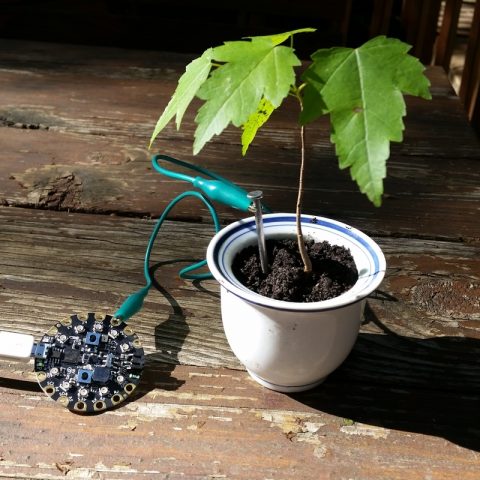
Shawn Hymel recently took to Linkedin to discuss “The Power of Small Wins“. It’s a simple idea, one thats bounced around as a sales strategy for years, but it’s more novel when it comes to the adoptability of hardware and software: When considering the switch from iPhone to Android, or PC to Mac, the ease of transfer, or the simplicity in getting spun up, are the first and possibly largest barriers to entry. A complex on-boarding process for a potential new user of an ecosystem is sure to bounce them back to their old ways. Even if the new system is more powerful and practical, the user will never get far enough along to find out. You can see lots of versions of this in the maker scene and it helps understand its history.
When it comes to microcontroller development, many professionals like to disparage the Arduino platform. Sure, it doesn’t have advanced features like step-through debugging, fuse control, and easy library management. However, if you just need to toggle a pin to test something, whipping something up in Arduino is quite easy.
Arduino became the most popular maker platform for a reason.
Texas Instruments (TI) has taken this lesson to heart. Blinking an LED on one of their boards can be accomplished in less than 10 minutes by installing their Energia IDE, which looks strikingly familiar to Arduino.
You will of course need to be able to level up beyond the basics once people get comfortable with the software and hardware, especially as people desire more complex, powerful, and personalized results. One of the problems with Apple is that the ceiling for their operating systems, and the capabilities of an average user, are somewhat limiting and limited — it can be like bowling with bumpers. The goal is to have something simple to begin with, but slowly allow your users to expand the scope of what is possible so as to give them options, but being careful to not overwhelm them.
In the technology field, new tools come and go. The key to surviving is adoption. Providing an easy on-ramp can pave the way for mass adoption. While many factors determine a tool’s success, small wins can certainly help.
This philosophy is integrated into the Circuit Playground Express. There is MakeCode for the absolute beginner, Arduino IDE for those who may be a little hesitant about the switch to a new platform, and then CircuitPython, which is still relatively easy to use, but has a huge ceiling in terms of what is possible. It’s important to remember there are multiple different ways to encourage adoption, and the more onramps you can provide (and the more small wins), the better.
Read the whole article here, its applicable to so many different things in life, be it sales, technology — even human relationships.